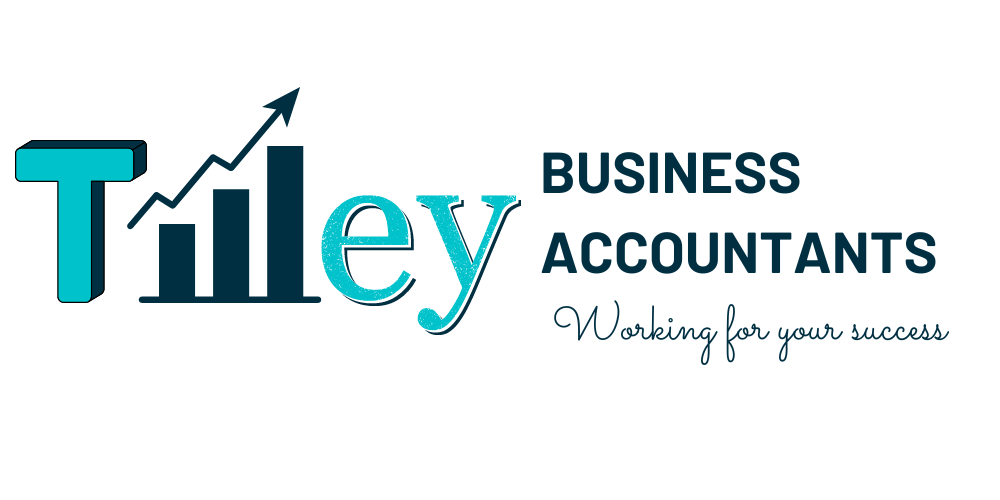
Tax and the Family Home
Capital gains tax (CGT) applies to gains you have made on the sale of capital assets (assets you make money from). Unless an exemption or reduction applies, or you can offset the tax against a capital loss, any gain you made on an asset is taxed at your marginal tax rate.
Your main residence is the home you live in. In general, CGT applies to the sale of your home unless you have an exemption, partial exemption, or you are able to offset the tax against a capital loss. If you are an Australian resident for tax purposes, you can access the full main residence exemption when you sell your home if your home was your main residence for the whole time you owned it, the land your home is on is or is under 2 hectares, and you did not use your home to produce an income – for example running a business from your home or renting it out. If the home is on more than 2 hectares, if eligible, you can treat the home and up to 2 hectares of the land it is on as one asset and claim the main residence exemption on this asset. However, if you use your home to produce an income by running a business from home or renting it out, CGT can apply to the portion of the home used to produce income from that time onwards.
For CGT purposes, your home normally qualifies as your main residence from the point you move in and start living there. However, if you move in as soon as practicable after the settlement date of the contract, that home is considered your main residence from the time you acquired it. If you cannot move in straight away because you are in the process of selling your old home, you can treat both homes as your main residence for up to six months without impacting your eligibility to the main residence exemption. For example, where you have moved into your new home while finalising the sale of your old home. This applies if you were living in your old home for a continuous period of 3 months in the 12 months before you disposed of it, you did not use your old home to produce an income (rented it out or used it as a place of business) in any part of that 12 months when it was not your main residence, and your new property becomes your main residence.
If the sale takes more than six months and if eligible, the main residence exemption could apply to both homes only for the last six months prior to selling the old home. For any period before this it might be possible to choose which home is treated as your main residence (the other becomes subject to CGT). If your new home is being rented to someone else when you purchase it and you cannot move in, the home is not your main residence until you move in.
